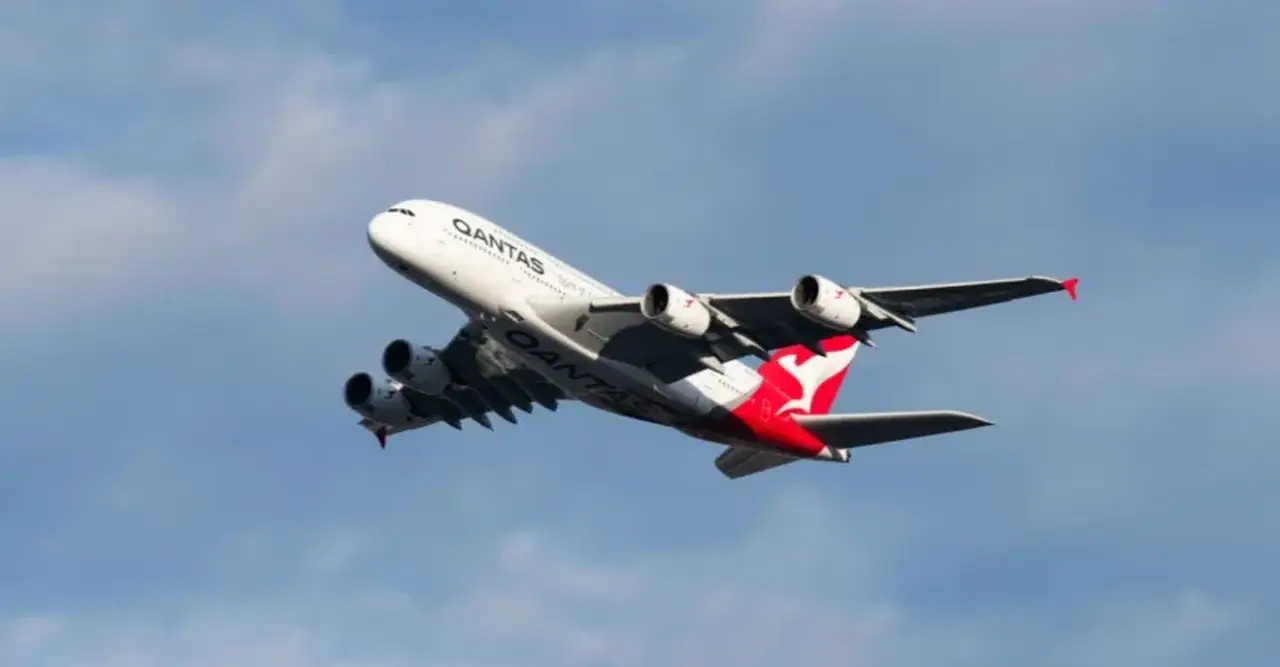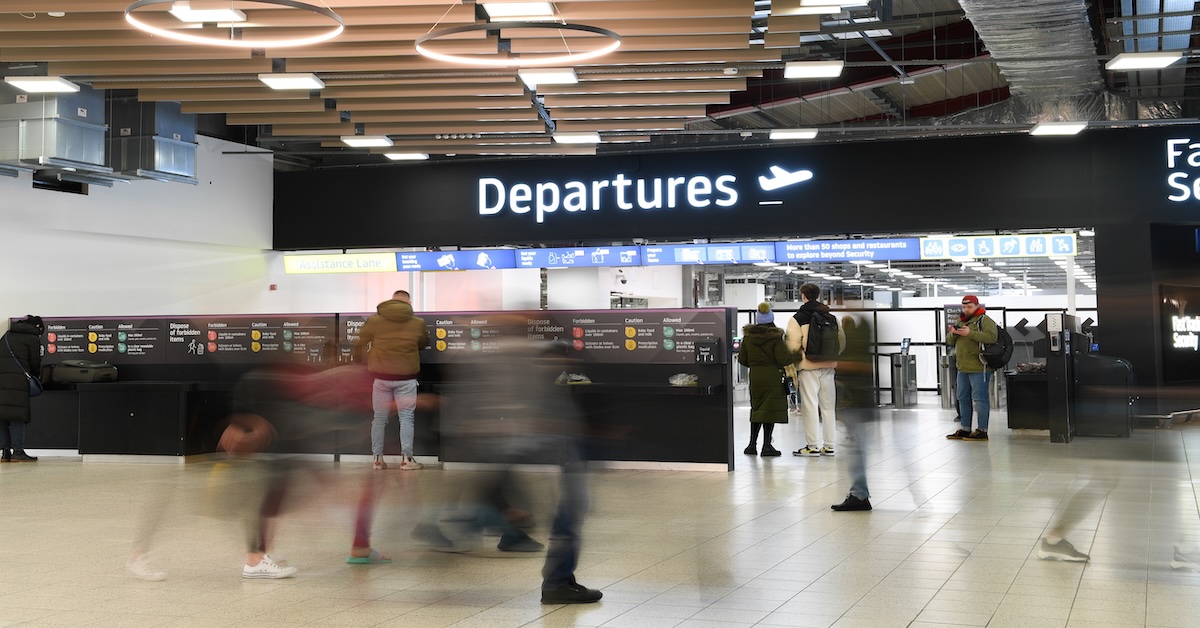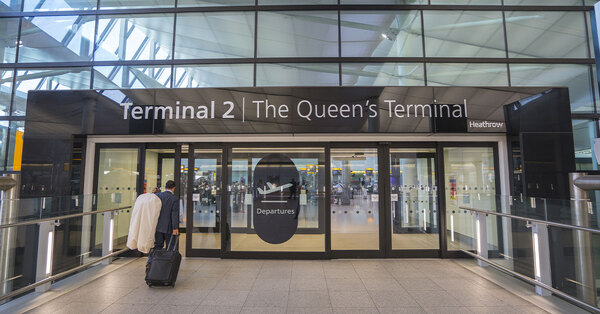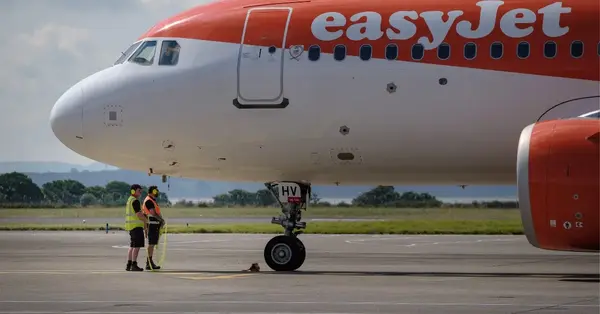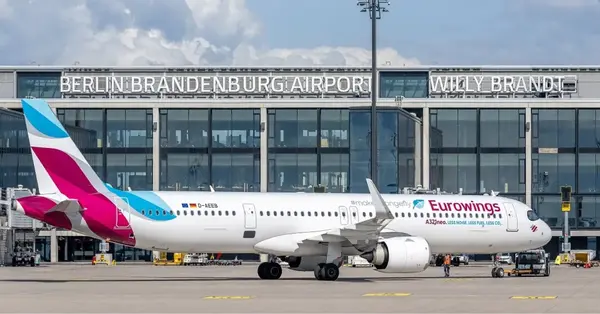You are viewing 1 of your 2 free articles
Analysis: Qantas condemned in Federal Court ruling
Judge slams carrier for ‘lack of candour’, CEO’s failure to testify and the authenticity of its apology to outsourced workers. Ian Taylor reports
The Australian Federal Court ruling against Qantas on August 18 was as damning as any in corporate history.
The court imposed the largest fine in the country’s labour-relations history following Qantas’ wholesale breach of employment law by firing more than 1,800 ground-handling workers and replacing them with contract labour in 2020, the first year of the Covid-19 pandemic.
The judge imposed a A$90 million (£43 million) fine on the airline, noting it had apologised but in a way the judge characterised as the “wrong kind of sorry”, suggesting Qantas showed no real contrition.
Justice Michael Lee noted “persons of responsibility within Qantas” had shown “some genuine regrets” but suggested: “This more likely reflects the damage this case has done to the company.”
A Federal Court had ruled in 2021 that Qantas’ action in contracting out the baggage handling and cleaning roles was in breach of Australian employment law, but the airline appealed all the way to the High Court while also pleading for a lower fine.
The High Court ruled against it in 2023.
Justice Lee criticised the carrier’s behaviour throughout the five-year legal battle, citing company statements and its legal arguments against compensating the workers, and highlighted the failure of Qantas chief executive Vanessa Hudson to appear in court.
Hudson took over as Qantas chief executive in September 2023, replacing Alan Joyce who led the airline at the time of the mass redundancies and was seen as something of a ‘prince’ among Australian business leaders.
Joyce went from hero to zero in aviation and business when the culture behind the scenes at Qantas was exposed.
In a scathing judgment, Justice Lee suggested Qantas had “carefully drafted” its evidence and failed to adequately take notes of business meetings in order to distance those at the top and on the board from the decision to outsource jobs.
He noted: “We are still looking through a glass darkly, with a sense of disquiet and uncertainty as to precisely what went on within the upper echelons of Qantas leading up to the outsourcing decision.”
Justice Lee said documents which Qantas had attempted to withhold but was compelled to release led him to doubt his original conclusion in 2021 that Joyce had not been directly involved in the outsourcing decision.
He cited a “lack of candour in the narrative presented by Qantas” which claimed to have transformed its culture since Hudson took over in 2023, and he castigated the airline for failing to put Hudson on the stand.
The judge said: “Whatever this new leadership and accountability means in concrete terms, it did not extend to Ms Hudson taking the step of entering the witness box and explaining, on oath, what she had learned from being part of the senior management of Qantas when the outsourcing decision was made, any regrets she may have, and what, if anything, she would have done differently.
“I infer the decision not to call Ms Hudson was an informed and deliberate one.
“A consequence of this decision was the absence of questioning by senior counsel as to the extent of her knowledge and involvement leading up to the outsourcing decision.”
Hudson was group chief financial officer and a member of the Qantas group management committee as well as Joyce’s designated successor at the time.
Justice Lee noted the carrier expected to save A$125 million a year from the outsourcing by the end of its 2023 financial year.
He also slammed the airline’s public relations, describing its press releases as “inaccurate or incomplete” and noting: “It’s one thing to issue press releases by a CEO saying sorry, it is quite another for assertions of contrition, recognition of wrong and cultural change to be tested in a courtroom by senior counsel for a party submitting that Qantas is engaged in performative remorse.”
Justice Lee cited an “eleventh hour” move by company lawyers in April 2024 “to ensure the affected workers received nothing” and suggested: “If any further evidence was needed as to the unrelenting and aggressive litigation strategy adopted by Qantas, it is provided by this effort directed to denying any compensation whatsoever to those in respect of whom Qantas was publicly professing regret for their misfortune.”
He said the behaviour “suggested an industrial relations culture that has very deep roots despite high-level representations of change”.
In a statement, Hudson acknowledged the unlawful decision to outsource ground crew jobs had “caused genuine hardship for many of our former team and their families”, and said: “The impact was felt not only by those who lost their jobs but by our entire workforce.”
She argued: “Over the past 18 months we’ve worked hard to change the way we operate as part of our efforts to rebuild trust with our people and customers. This remains our highest priority.”
The court ordered Qantas to pay A$50 million of the settlement to the Transport Workers’ Union (TWU) which brought the case, with recipients of the remaining A$40 million to be determined at a later hearing.
The union said the funds should be paid to the affected workers, one of whom said: “Now everybody knows how Qantas treats its workers.”
Michael Kaine, national secretary of the TWU, hailed the ruling as “a final win for these workers and the tens of thousands of other TWU members who backed them every step of the way.
“These were committed Qantas workers who had loyally served the company, in many cases for decades.”
Qantas has separately agreed to pay A$120 million (£58 million) in compensation to the workers.
The case was not the only legacy of Joyce’s time running the airline. In May 2024 the carrier had to pay another A$120 million (£58 million) to settle a class action lawsuit brought on behalf of Qantas customers after it sold thousands of tickets on flights it had cancelled.
The airline booked more than A$500 million (£240 million) in profit from these cancelled services, with the Australian Competition and Consumer Commission accusing it of selling tickets on more than 8,000 already cancelled flights.
The commission also found Qantas concealed the number of cancellations from federal authorities, reporting cancellation of 4,149 flights when there were more than 15,000.
An internal review of Joyce’s 15 years as Qantas chief executive concluded the way the company was run “damaged Qantas and its reputation and caused considerable harm to relationships with customers, employees and other stakeholders”.
Despite Joyce’s pay-out on his departure in September 2023 being cut by 43% or more than A$9 million, he still walked away with in excess of A$12 million (£5.7 million) and Qantas subsequently admitted paying him an additional A$3.4 million (£1.6 million) on top for the last two months he was in the job.
A whole new scandal blew up last year over claims that senior politicians, including prime minister Anthony Albanese, received dozens of free upgrades from Joyce. The carrier also suffered a data breach in May last year, exposing the personal information of six million customers.
The airline now faces an estimated bill of more than A$15 billion (£7.2 billion) to replace a fleet with an average age of more than 16 years, one of the oldest in the air.
This, despite receiving more than A$1.2 billion in federal government funding in 2020 and A$2 billion in 2021, plus an additional A$191 million through the International Aviation Support (IAS) programme, as well as aid in through tax breaks and tourism funding from the state governments of New South Wales, Queensland and Victoria.
But rather than invest in new aircraft, Qantas spent A$1.5 billion on share buybacks to bolster its share price in Joyce’s final year.

